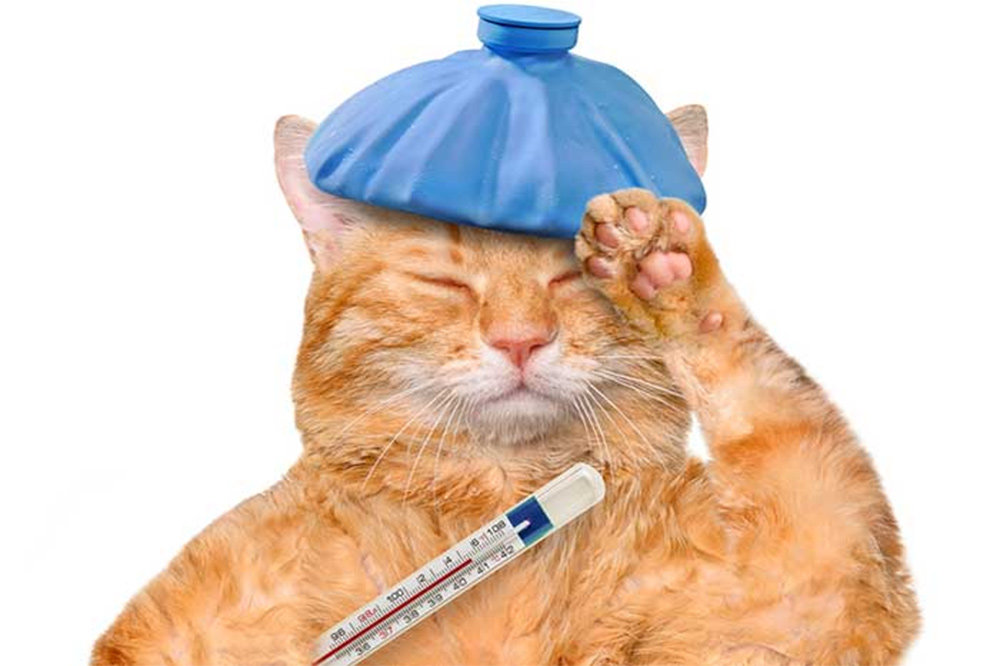 Riviera Beach
Riviera BeachFair, 67°
Wind: 9.2 mph, S
 Riviera Beach
Riviera Beach

By Elizabeth Hepner, DVM
Calvert Veterinary Center
As expressive and animated as your furry feline is at home, it can be difficult to determine when something is off with your cat. Cats often go to great lengths to hide signs of illness. In the wild, this protects them from predators. At home, this can make it difficult to recognize when your cat should visit the vet. Some signs of illness are obvious. Below are some of the more common signs and what might be causing them.
Vomiting is not normal for cats. While some people think it is normal for cats to vomit every few days, it is abnormal. The occasional vomit or hairball can be OK, but if it is a common or chronic occurrence, it indicates that something is wrong. Vomiting in cats can be caused by eating something they shouldn’t (like string or hair ties), eating food they should not have, parasites, a food allergy, autoimmune disease and more. If your cat is vomiting, it should be checked by your vet.
Diarrhea is also a sign of illness. It can be caused by bacterial, viral or parasitic infection; food allergies; autoimmune disease; and more. If your cat is having diarrhea, it should be seen since continued diarrhea can lead to dehydration and weight loss. There are many steps we can take to prevent this. Don’t forget to bring a stool sample to your appointment!
Coughing or wheezing can indicate serious illness as well. It can be caused by feline asthma, parasites, masses and more. If you notice your cat suddenly looking as if it is trying to cough up something or struggling to breathe, have it seen promptly to help determine why.
A runny nose or runny eyes can be caused by bacterial or viral infections and sometimes abnormalities with the eyes themselves, like conjunctivitis, corneal ulcers, glaucoma and autoimmune disease. If you notice these signs, have your kitty evaluated to determine how we can best treat it and get it feeling better.
Other signs of illness are subtle, so it is important to get to know your cat’s regular routine and pay attention to any deviations from this.
Metabolic and endocrine diseases, such as diabetes, kidney disease and hyperthyroidism, can be manifested as your cat skips meals or develops a voracious appetite, weight loss, hiding tendencies, and increased thirst and urinations.
Subtle diseases like allergies can be detected by recurrent ear infections, persistent headshaking and ear-scratching, redness and scabbing of the skin, and hair loss.
Arthritis can be subtle and progressive. Pay attention to changes in your cat’s mobility, such as inability to jump on surfaces that used to be an easy jump, not wanting to play, becoming intolerant of affection, decreased grooming and trouble using the litterbox. These can be signs of developing arthritis.
If the signs you are seeing might be abnormal, contact your vet for advice. Call today for an appointment at 410-360-PAWS. VCA Calvert Veterinary Center is conveniently located at 4100 Mountain Road and has been proudly serving the Pasadena community for more than 15 years.
Comments
No comments on this item Please log in to comment by clicking here